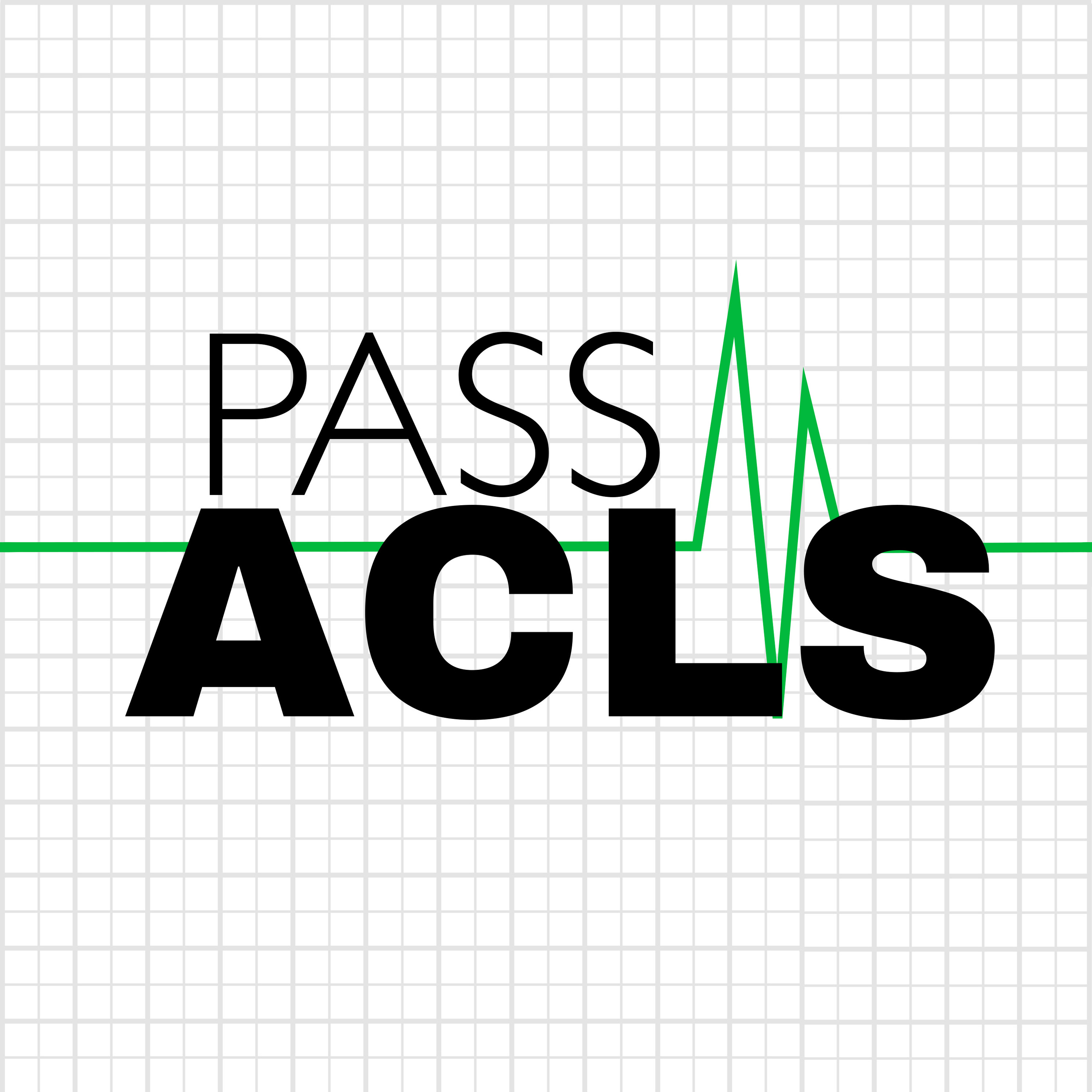Pass ACLS Tip of the Day
More Episodes
For apneic patients without a carotid pulse or patients with only gasping/agonal respirations, we will follow the Adult Cardiac Arrest algorithm.
For pulseless patients that the AED doesn't advise a shock, the patient's ECG shows asystole, or a non-perfusing organized rhythm (PEA), we will...
Published 05/10/24
Providing good, high-quality CPR with minimal interruptions and early defibrillation are two key interventions shown to improved cardiac arrest outcomes.
A training tool used in many CPR and ACLS classes is to use a song (or a song list) with a tempo of 100 to 120 beats per minute to help the...
Published 05/09/24
A patient’s medical history will help us identify things that may be causing (or contributing) to their current condition as well as guide our decisions so we provide the safest evidence-based care possible.
Examples of information obtained in a medical history that will impact the treatment we...
Published 05/08/24


